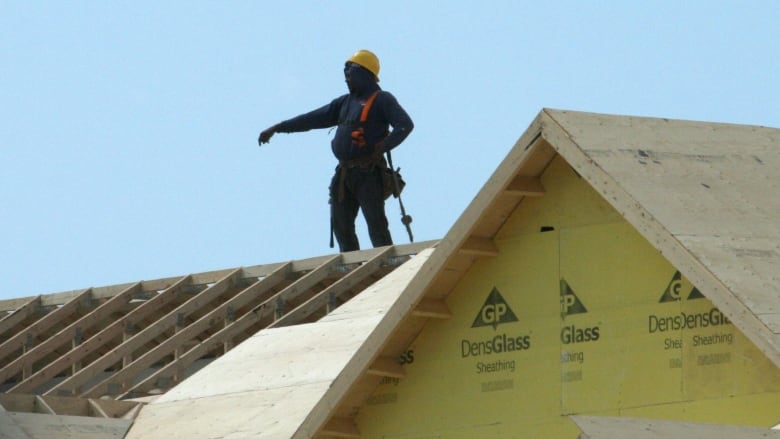House prices may stay high in Canada: Here's why
Seemingly insatiable overseas demand is one of main reasons the gloom-mongers have been wrong

A friend of mine sold her Toronto house because prices were so high. She didn't want to get caught in the downdraft.
If you've been listening to all the warnings from foreign banks about a Canadian house price crash, that sounds smart. But before you congratulate my chum on her forethought, you should know she made that decision several years ago.
- Average house price in Canada up 9.5% to 448, 862
- Ontario house prices may be 25% overvalued, Fitch says
Of course, since then Toronto house prices have only continued their dramatic rise. Although Toronto and Vancouver lead the way with soaring real estate, prices in many other Canadian cities continue to rise.
In the face of a series of recent reports of houses selling for hundreds of thousands of dollars over their asking prices, I thought it a good time to look at why all the gloom-mongers have been wrong, and why they may still be wrong. At least for a while yet.
The question is no small matter for older boomers trying to capture the value of their homes. For most Canadians a home is their single biggest asset.
People heading into retirement could have their plans seriously upset if house prices fell by 63 per cent, as one international bank projected earlier this year.
On the other hand, if prices continue to rise by nearly 10 per cent a year, as they did this year, it would be difficult for boomers to find a more lucrative, tax-free income on an investment worth up to a million dollars.
Boomers aren't the only ones watching this market. New buyers would be even worse affected.
A decline in prices of as little as 10 per cent could wipe out their hard-won down payment. A decline by the 30 per cent suggested by the Bank of Canada, never mind 63 per cent suggested by Deutsche Bank, would leave many facing years making payments while trapped in a home worth less than they owe.
I am one of those who have warned repeatedly of what happens to an economy when house prices see a general decline. I have also warned that house prices go through cycles, with long price rises followed by sharp declines. But there are at least two reasons why that downturn may not be yet.
One is the continued weakness in the global economy. The second is the seemingly insatiable demand from overseas for the relative safety of the Canadian economy and Canadian real estate.
Global economic weakness may seem a counterintuitive stimulant for the Canadian house market. But the link becomes more obvious when you look at the miserable growth figures from the United States and Canada, and the impact on interest rates.
One of the main fears for real estate is that interest rates will rise. For long-term mortgage rates, the interest rate that counts is the rate on bonds in New York. That rate depends, at least indirectly, on the rate set by Janet Yellen at the U.S. central bank.
- The potential bond crisis most people have never heard of
- Danger of runaway inflation means rates could rise sooner
Once the U.S. economy begins to heat up, goes the theory, Yellen must raise rates to prevent a long-awaited, long-feared bout of inflation. In some ways this is an optimistic analysis, in that an increase in rates will only come once the Federal Reserve anticipates a return to economic growth.
Recently a gloomier analysis has been making the rounds: Rather than kicking into growth, the developed world is following a path much more like Japan's over recent decades, a long stretch of below-trend growth. If so, just as in Japan, central banks will have no reason or desire to increase interest rates.
Just as low interest rates since the credit crunch of 2007 to 2008 have stimulated asset prices around the world, a continuation of those low rates will mean the best place to have your money is in real assets, including Canadian housing.
That kind of thinking is not lost on overseas investors looking for a safe place to store their money. While most analysis shows the number of foreign buyers to be a small percentage of the whole market, it is a case where the economics of "the margin" takes hold.
At whatever level the market stands now, overseas cash looking for a safe home is not concerned with domestic considerations such as affordability.
Just as in other markets, the way to take a stake is to find out what the current market is demanding and offer a little bit more. Just a few such bids at the current price levels keep the entire market from falling.
This may all change eventually if foreign demand dries up. And in the long run a return to roaring economic growth may be the best thing that could happen to us all.
However, if that happens, all bets are off and you should make haste to read one of my previous columns warning about the perils of a property bubble.
Follow Don on Twitter @don_pittis
More analysis by Don Pittis

